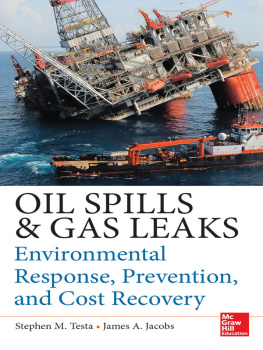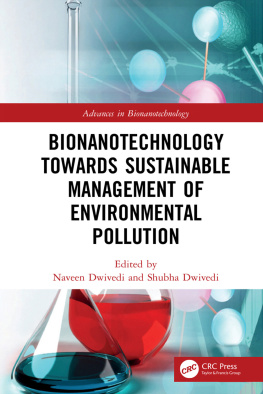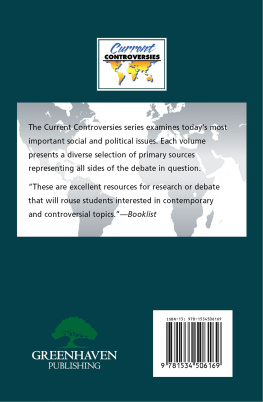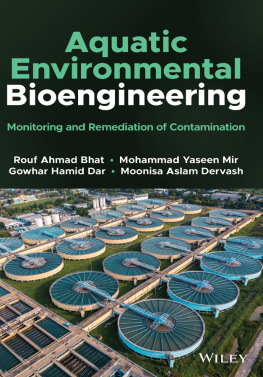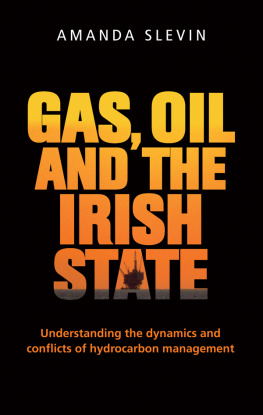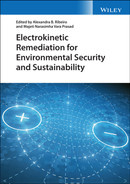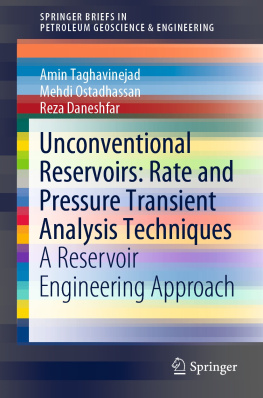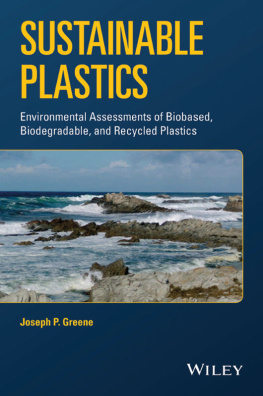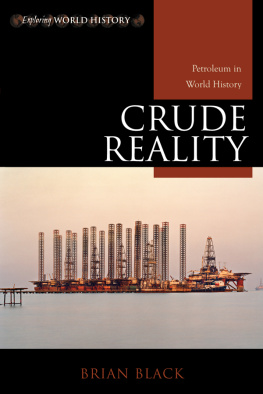Oil Spills and Gas Leaks
About the Authors
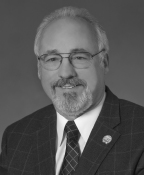
Stephen M. Testa, P.G., C.E.G., C.P.G., has undergraduate and graduate degrees in geology. He has written over 125 articles in the field of geology and environmental science, as well as publishing several books. He is an expert on soil and groundwater remediation, hydrocarbon recovery, resource recovery, and reuse and recycling of soils, sediments, and wastes. From 1976 until August 2005, he served as an engineering and environmental consultant for such firms as Bechtel, Dames and Moore, Converse Consultants, and Engineering Enterprises, and as Chief Executive Officer of the international consulting firm Applied Environmental Services and later Testa Environmental Corporation. He entered public service in August 2005 when he was appointed Executive Officer of the California State Mining and Geology Board. He is the author of numerous books and over 125 publications, including Geological Aspects of Hazardous Waste Management, The Reuse and Recycling of Contaminated Soil, Restoration of Contaminated Aquifers: Petroleum Hydrocarbons and Organic Compounds, Petroleum and the Environment, and most recently One Mans PlanetEarth in Todays Political Culture. He has served as an instructor at the California State University at Fullerton and the University of Southern California, and has provided numerous workshops and technical presentations. He can be reached at stesta@goldrush.com.

James A. Jacobs, P.G., C.H.G., C.P.G., has both undergraduate and graduate degrees in geology and has co-authored two booksone on MTBE and one on chromium [Cr(VI)]as well as hundreds of technical articles. As a Fulbright Senior Scholar, he received four teaching grants in geology and environmental science. He co-teaches international workshops on risk-based subsurface environmental management, and has taught a class on Sustainable Remediation of Soil and Water at the University of California at Berkeley extension program. He worked as an oil exploration geologist in Alaska and California for close to a decade before working for two decades in the environmental assessment and remediation field. Since 1990 he has been the Chief Geologist for Clearwater Group, where he has performed environmental assessments at a variety of oil- and gas-producing properties. He can be reached at jjacobs@clearwatergroup.com.
Oil Spills and Gas Leaks
Environmental Response, Prevention, and Cost Recovery
Stephen M. Testa
James A. Jacobs
New York Chicago San Francisco
Athens London Madrid
Mexico City Milan New Delhi
Singapore Sydney Toronto
Copyright 2014 by McGraw-Hill Education. All rights reserved. Except as permitted under the United States Copyright Act of 1976, no part of this publication may be reproduced or distributed in any form or by any means, or stored in a database or retrieval system, without the prior written permission of the publisher.
ISBN: 978-0-07-177290-7
MHID: 0-07-177290-1
e-Book conversion by Cenveo Publisher Services
Version 1.0
The material in this eBook also appears in the print version of this title: ISBN: 978-0-07-177289-1, MHID: 0-07-177289-8.
McGraw-Hill Education eBooks are available at special quantity discounts to use as premiums and sales promotions, or for use in corporate training programs. To contact a representative, please visit the Contact Us page at www.mhprofessional.com.
All trademarks are trademarks of their respective owners. Rather than put a trademark symbol after every occurrence of a trademarked name, we use names in an editorial fashion only, and to the benefit of the trademark owner, with no intention of infringement of the trademark. Where such designations appear in this book, they have been printed with initial caps.
Information has been obtained by McGraw-Hill Education from sources believed to be reliable. However, because of the possibility of human or mechanical error by our sources, McGraw-Hill Education, or others, McGraw-Hill Education does not guarantee the accuracy, adequacy, or completeness of any information and is not responsible for any errors or omissions or the results obtained from the use of such information.
TERMS OF USE
This is a copyrighted work and McGraw-Hill Education and its licensors reserve all rights in and to the work. Use of this work is subject to these terms. Except as permitted under the Copyright Act of 1976 and the right to store and retrieve one copy of the work, you may not decompile, disassemble, reverse engineer, reproduce, modify, create derivative works based upon, transmit, distribute, disseminate, sell, publish or sublicense the work or any part of it without McGraw-Hill Educations prior consent. You may use the work for your own noncommercial and personal use; any other use of the work is strictly prohibited. Your right to use the work may be terminated if you fail to comply with these terms.
THE WORK IS PROVIDED AS IS. McGRAW-HILL EDUCATION AND ITS LICENSORS MAKE NO GUARANTEES OR WARRANTIES AS TO THE ACCURACY, ADEQUACY OR COMPLETENESS OF OR RESULTS TO BE OBTAINED FROM USING THE WORK, INCLUDING ANY INFORMATION THAT CAN BE ACCESSED THROUGH THE WORK VIA HYPERLINK OR OTHERWISE, AND EXPRESSLY DISCLAIM ANY WARRANTY, EXPRESS OR IMPLIED, INCLUDING BUT NOT LIMITED TO IMPLIED WARRANTIES OF MERCHANTABILITY OR FITNESS FOR A PARTICULAR PURPOSE. McGraw-Hill Education and its licensors do not warrant or guarantee that the functions contained in the work will meet your requirements or that its operation will be uninterrupted or error free. Neither McGraw-Hill Education nor its licensors shall be liable to you or anyone else for any inaccuracy, error or omission, regardless of cause, in the work or for any damages resulting therefrom. McGraw-Hill Education has no responsibility for the content of any information accessed through the work. Under no circumstances shall McGraw-Hill Education and/or its licensors be liable for any indirect, incidental, special, punitive, consequential or similar damages that result from the use of or inability to use the work, even if any of them has been advised of the possibility of such damages. This limitation of liability shall apply to any claim or cause whatsoever whether such claim or cause arises in contract, tort or otherwise.

Contents
Introduction
T his practical book is focused on oil and gas drilling, spills, and leaks. These are the side effects or unintended consequences of resource extraction. Chapters include geology of petroleum, oil and gas drilling techniques and methods, oil spills, and gas leaks. Other detailed chapters include drill site/production site assessment, remediation, and leak and spill prevention. Other topics include conflicts in jurisdictions, spill response, unintended consequences of complex systems (missteps that result in a series of errors contributing to a catastrophic event), the cleanup details of recent oil spills, the laws and policies associated with marine and terrestrial spills, and litigation/cost recovery issues.

